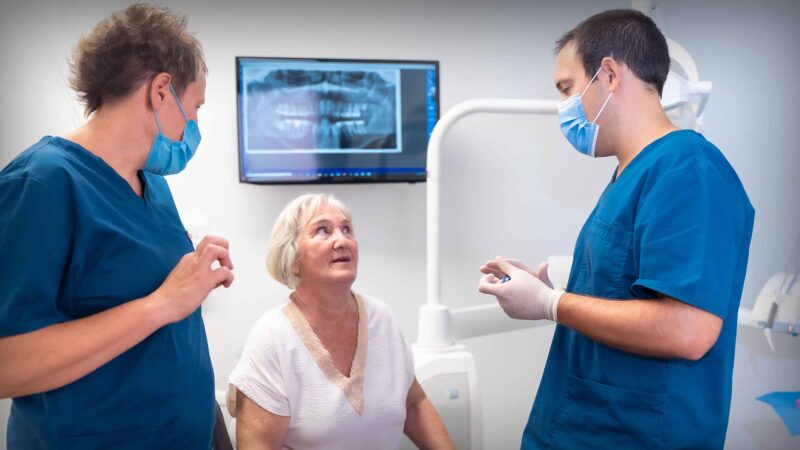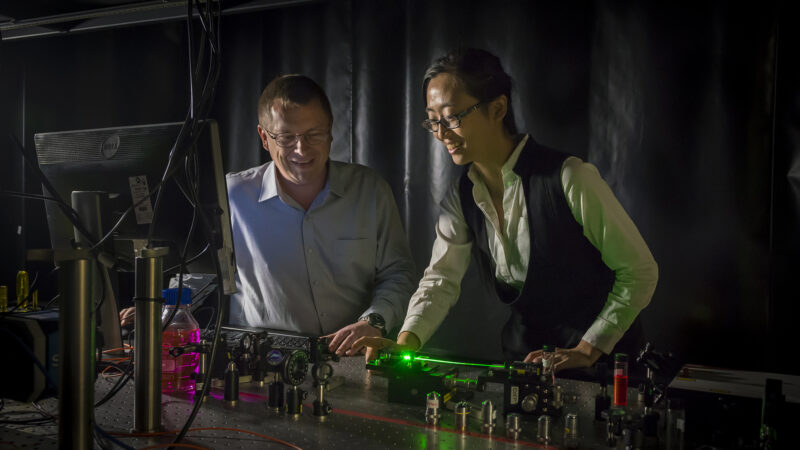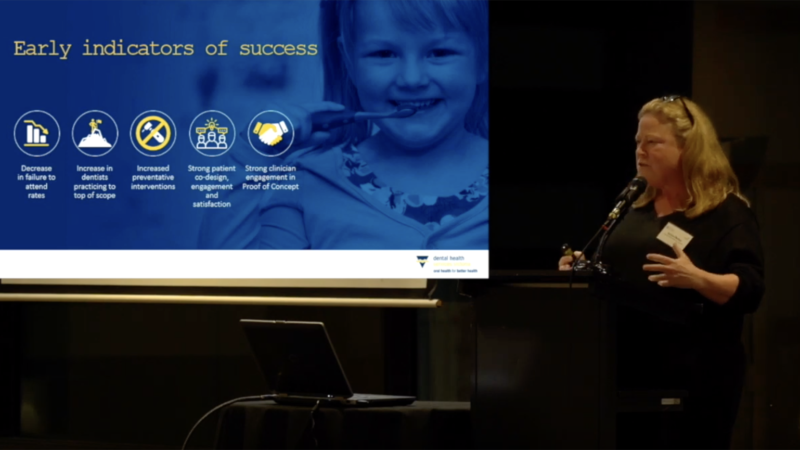Dr Jasjit Baveja is the Associate Director of Policy at the Medical Technology Association of Australia (MTAA), where she oversees regulatory affairs, clinical code of practice, procurement, industry policy, reimbursement, and advocacy. With over 20 years of experience in the medical device regulatory space, Dr Bavej’s expertise lies in providing educational opportunities for regulatory professionals in Australia to ensure continuous learning and professional development. She collaborates closely with the Therapeutic Goods Administration (TGA) to run workshops that provide invaluable experience, networking opportunities, and skill enhancement.
Regulations, such as the Therapeutic Goods Act of 1989, the Therapeutic Goods Regulations of 1990, and the Therapeutic Goods Medical Device Regulations of 2002, serve as a cornerstone for the medical technology industry and are essential in ensuring patient safety and promoting innovation within the industry.
According to Dr Baveja, “Setting stringent quality standards throughout the lifecycle of the medical device, regulations safeguard patient and public health by ensuring only safe and effective medical devices are on the market. With the confidence instilled in patients, healthcare workers, and broader stakeholders that any device that has gone through rigorous testing has met the scrutiny of regulatory requirements, the uptake of medical technology and novel medical devices is facilitated.”
MTAA offers workshops in medical device regulatory affairs for regulatory professionals, providing comprehensive education on Australian medical device regulations to enhance patient access to medical devices and streamline regulatory processes for faster approval times.
The Medical Technology Association of Australia (MTAA) is the national association representing companies in the medical technology industry.
MTAA represents manufacturers and suppliers of medical technology used in the diagnosis, prevention, treatment and management of disease and disability. The range of medical technology is diverse with products ranging from familiar items such as syringes and wound dressings, through to high-technology implanted devices such as pacemakers, defibrillators, hip and other orthopaedic implants. Products also include hospital and diagnostic imaging equipment such as ultrasounds and magnetic resonance imaging machines.
You Might also like
-
Dental and oral health care priorities for the elderly
In 2023, there are a number of changes occurring in dental services including the start of a new Senate inquiry and new registered nurses in residential aged care. Yet in the meantime there are gaps and delays in dental and oral health interventions for elderly Australians, unless training is more widely deployed.
Australian Health Journal spoke to Leonie Short, a dental therapist working for Seniors Dental Care Australia on what she considers are dental and oral health priorities for the elderly, based on her work in the aged, home and disability sectors.
-
Hair’s-breadth endoscopes to detect plaque
This coming World Heart Day (29th September 2021), Australian Health Journal’s People in Health Care series, releases a segment on Dr Jiawen Li.
Dr Jiawen Li is an inventor and highly adaptable engineer leading the intravascular imaging program at the Institute of Photonics and Advanced Sensing (IPAS). She has developing an imaging device can be inserted into blood vessels to provide high quality 3D images to help scientists better understand the causes of heart attack and heart disease progression, and could lead to improved treatment and prevention.
-
Value-Based Health Care : Dental Health Services Victoria Case Study
Dental Health Services Victoria has implemented a value based health model for oral health, around the patient and the clinician that included both during co-design. This has been possible with a single oral health data system for the state of Victoria and staff keeping in mind the value and outcomes that patients seek.



